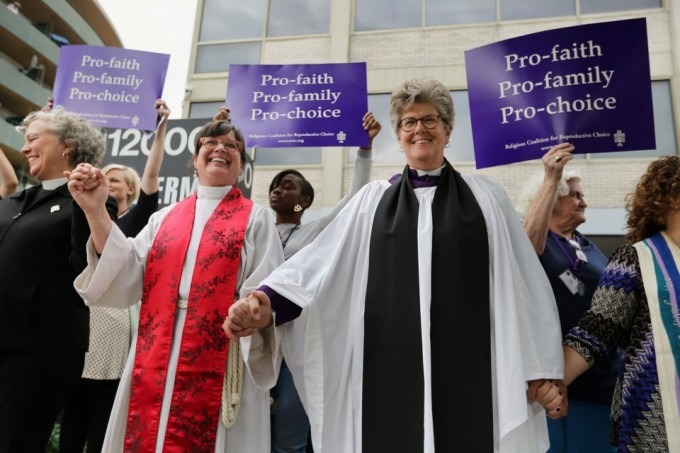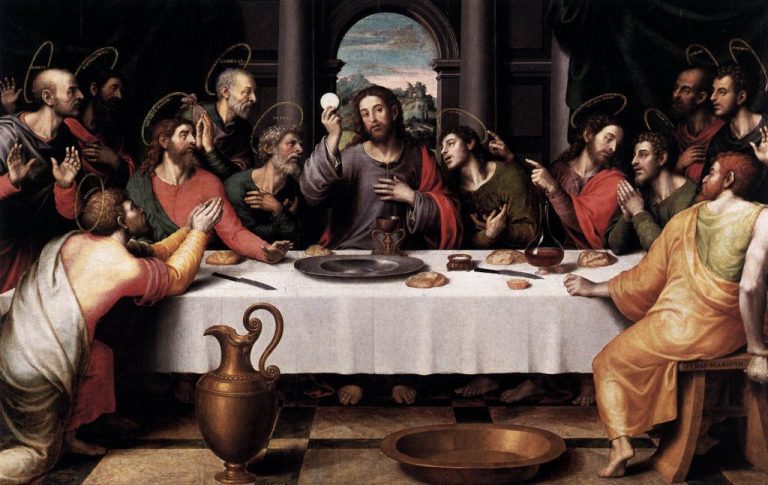
In Protestantism, personal preference predominates. Protestantism’s problem is Pride. As soon as any Protestant becomes unhappy with his denomination, he either forces changes, leaves, or is asked to leave.
Protestants do not recognize the need for obedience found in The Only Church Jesus Founded. “Those Catholics are too extreme for me!” sums up their theological understanding of issues like artificial birth control, unapproved relationships, Confession, Communion, and Confirmation.
At the same time, Protestants do describe themselves as “Christian”. “I am a Christian. I want to go to a church where I feel welcome, but I don’t want to have to think, say, or do anything I don’t want.”
That is so important that many Protestant groups market themselves as “Welcoming”. The powerful appeal of being “Welcomed” attracts those too proud to want any substantive changes in thoughts and behavior. “Come as you are. No need to change. We just believe in Jesus and The Bible. We do important mission work!”
A little glad-handing, remembering names, firm handshakes, and repeating “It’s good to see you!” pretty well sums up Protestantism.
Professional Protestants actually hate Bible Studies. The secret desire: “I want a congregation big enough to afford an assistant to handle Bible Studies!”
Protestant Bible Studies are painful because they must ignore large parts of The Bible. “Dear God,”, the leaders of such groups plead, “don’t let anyone bring up Jesus saying ‘If you don’t eat My Body and drink My Blood you do not have life in you.’ I hate it when they do that! Why’d He have to tell people to receive Catholic Communion so often?”
They also hate it when some brighter congregant asks: “Why don’t we have Confession and Absolution? Jesus said in John 20:23 and Mt. 16: 18-20 ‘those whose sins you forgive on earth are forgiven in Heaven.’ Isn’t that important?”
There are approved answers, but they pain the soul.








